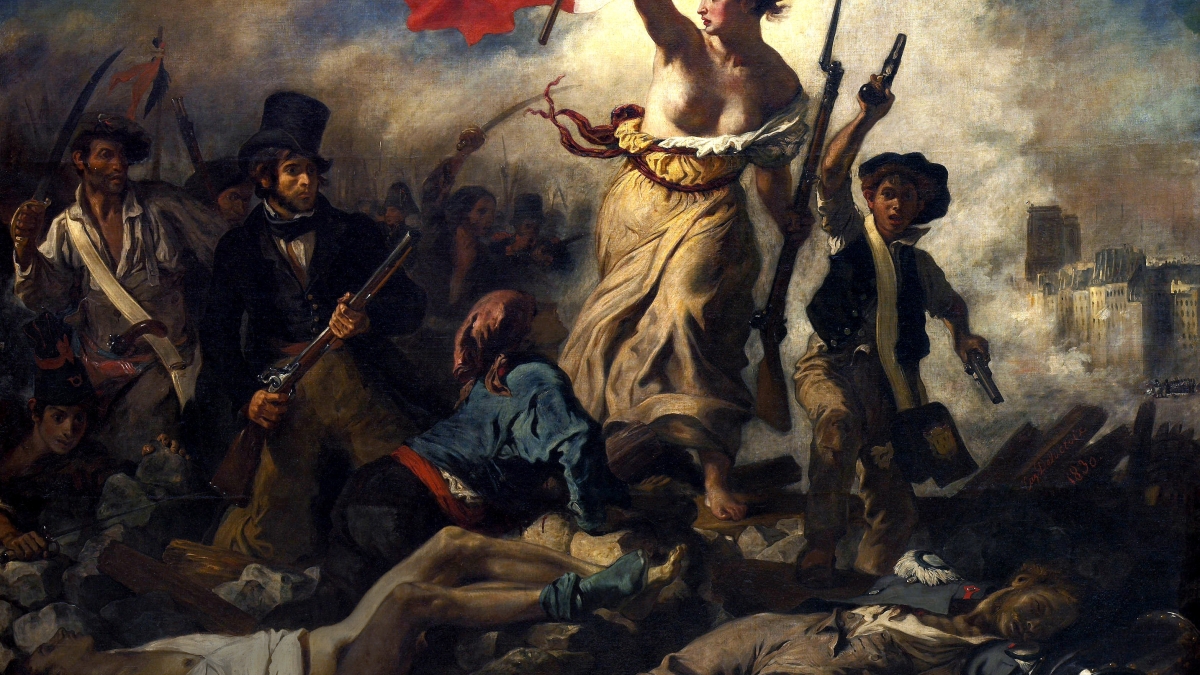'Politics of Emotion' subject of ASU humanities symposium

What do emotions in early modern England, revolutionary France, 17th-century China, 19th-century Russia and post-war Germany have in common?
Over the past year, research fellows at Arizona State University's Institute for Humanities Research have been engaging in studies of affect and reason in various historical contexts and, after several months of intensive inquiry, believe they may have found some answers.
“As a group, we have been interested in how emotions motivate or are deployed to address, register or create change,” said Cora Fox, a research fellow in the Institute for Humanities Research and the institute’s associate director.
“These changes can be sudden and notable, like the French Revolution, or slow and structural, like in cultural shifts in Renaissance England. We repeatedly come back to a recognition of the absolutely central role of emotion in understanding power,” Fox said.
All too often, the rational and emotional are considered as entirely separate, exclusionary spheres of thought and action. As many of the scholars presenting their work at the symposium have suggested, the goal of this conference is to challenge this artificial divide.
“Those separations [between public and private, and rational and emotional] have a regulatory function and thus are power-laden and political, of course,” said Deborah Gould, a professor of sociology at the University of Santa Cruz. “So this symposium is about coupling two phenomena which more typically are opposed to one another.”
Gould will be kicking off the symposium by delivering a keynote lecture on April 30 on the topic of “Becoming Coalitional.”
Her lecture begins with the motion inherent in emotion as she considers a low-cost housing coalition in Chicago. The coalition was comprised of unlikely bedfellows, including queer leftists and an evangelical Christian group. The differences intrinsic to these groups were both “pronounced and a non-event,” and as Gould argues, radically alter the way we might think about what it means to be coalitional.
“We tend to think that coalitions form for strategic reasons, that the different groups align with one another in order to increase their numbers and thereby increase their chance of victory,” said Gould. “That may have been in play in [the Chicago coalition] but I want to consider other possibilities as well, especially in light of the fact that this coalition included groups with quite different, and indeed antagonistic, cosmologies who nonetheless formed affinities with one another.”
On May 1, ASU and visiting fellows from the University of Oklahoma and the Political Academy of the State of Bavaria will convene for the Institute of Humanities fellows symposium, during which they will present their interdisciplinary work on a number of topics under the rubrics of “Emotional Regimes” and “Emotional Communities.” A roundtable discussion will also address the methodological challenges of reading emotions in cultures of the past.
A light breakfast and lunch will be served to symposium attendees. Go here for more information about the fellows symposium or to RSVP for the keynote lecture.